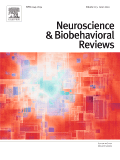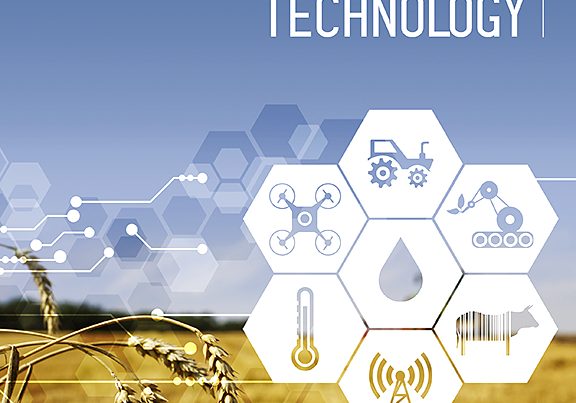Document type : Scientific journal published in Neuroscience & Behavioral Reviews
Authors: Malgorzata Lagisz, Josefina Zidar, Shinichi Nakagawa, Vikki Neville, Enrico Sorato, Elizabeth S. Paul, Melissa Bateson, Michael Mendl, Hanne Løvlie
Optimism, pessimism and judgment bias in animals: A systematic review and meta-analysis
Preview: Just as happy people see the proverbial glass as half-full, 'optimistic' or 'pessimistic' responses to ambiguity might also reflect affective states in animals. Judgement bias tests, designed to measure these responses, are an increasingly popular way of assessing animal affect and there is now a substantial, but heterogeneous, literature on their use across different species, affect manipulations, and study designs. By conducting a systematic review and meta-analysis of 459 effect sizes from 71 studies of non-pharmacological affect manipulations on 22 non-human species, we show that animals in relatively better conditions, assumed to generate more positive affect, show more 'optimistic' judgements of ambiguity than those in relatively worse conditions. Overall effects are small when considering responses to all cues, but become more pronounced when non-ambiguous training cues are excluded from analyses or when focusing only on the most divergent responses between treatment groups. Task type (go/no-go; go/go active choice), training cue reinforcement (reward-punishment; reward-null; reward-reward) and sex of animals emerge as potential moderators of effect sizes in judgment bias tests.




